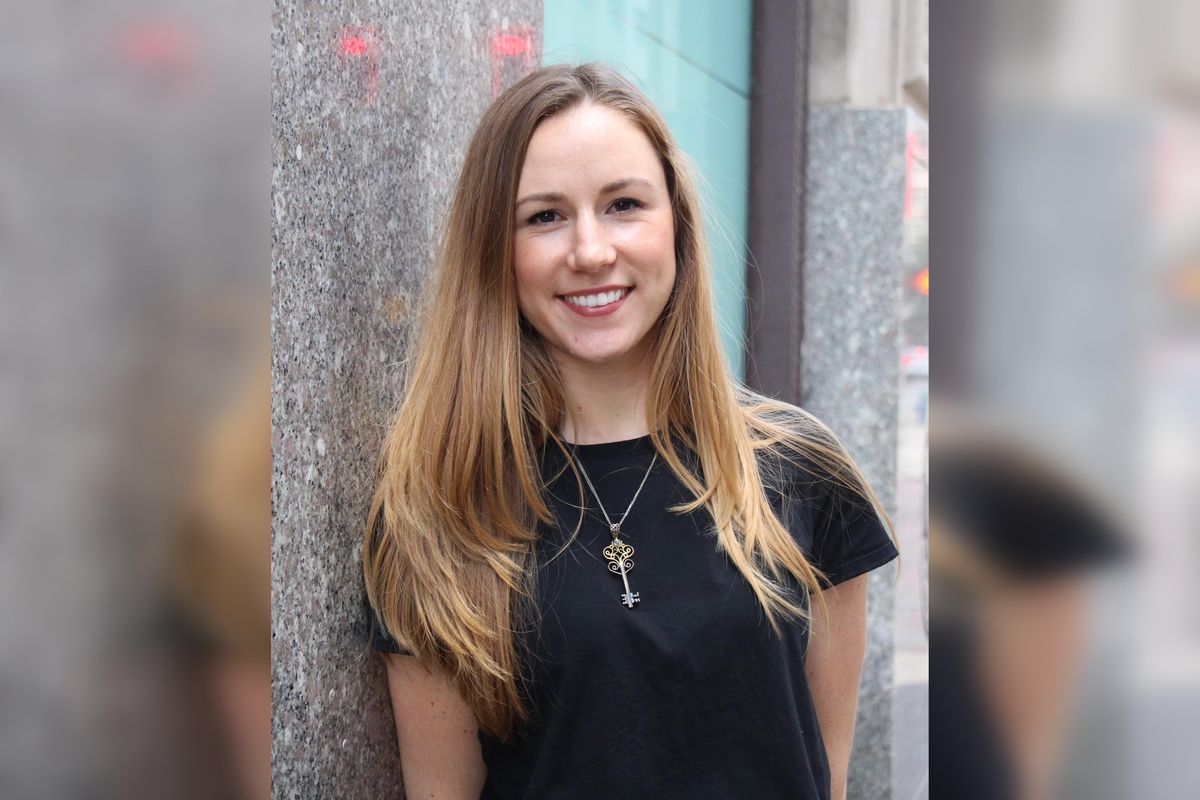New Houston startup development program to help launch corporate volunteer software
HOUSTON INNOVATORS PODCAST EPISODE 88
Brooke Waupsh wanted to change the way people volunteered and help increase access to volunteers for nonprofits. So, she launched Swoovy, a dating app that connected singles who wanted to do some good on their first dates. Now, the Austin-based company is looking to expand to connect corporates with community service opportunities.
As Swoovy works on this new B2B SaaS platform, it's tapped a new partner to help support its endeavors. Golden Section Studios has launched to focus on advancing and supporting early-stage software companies like Swoovy, which is its inaugural startup in residence.
"We had discussions around our vision for Swoovy and the momentum behind the business we'd had in the early stages in Austin and looking for strategic growth partners, investors, and resources," Waupsh says on this week's episode of the Houston Innovators Podcast. "We had an instant relationship that we developed with the Studios as they were looking to launch this program."
Waupsh says that in addition to the financial support that comes with the arrangement — GSS plans to contribute up to $500,000 in its member companies — the Studios will offer Swoovy the chance to grow and scale, without having to hire a huge team right out of the gate.
"What's unique about the Studios for us is that as a startup and a small team, we have the bandwidth and a higher capacity to move faster on all cylinders — sales, marketing, technology — without having to staff up a team of 20," Waupsh says.
Kristen Phillips, director of Golden Section Studios, says that for years, Golden Section Technology — and its accompanying venture arm — has worked to develop SaaS technology and has created a large network of experts and mentors — all of whom will be made available to each of GSS's future member companies like Swoovy.
Additionally, Phillips says her team has a lot of lessons learned to share with the companies they will support.
"When you're dealing with early-stage companies, a lot of it just boils down to product-market fit and making sure you're able to develop a technology that's scalable that works with your customers as you scale," Phillips says on the podcast. "It sounds simple, but it's not easily mastered."
Startups also looking for this sort of guidance can learn more online and even apply to the program. In the meantime, GSS and Swoovy alike are focusing on the new technology that can really be a gamechanger for both corporates looking to provide volunteer opportunities as well as nonprofits with a huge need for workers.
"We're just excited to have the SaaS B2B platform coming out with Golden Section Studios and expand on empowering more people through businesses to be able to have access to a tool like this," Waupsh says.
Waupsh and Phillips share more about the their partnership and other major SaaS challenges on the episode. Listen to the full interview below — or wherever you stream your podcasts — and subscribe for weekly episodes.

 Kristen Phillips leads Golden Section Studios. Photo courtesy of GSS
Kristen Phillips leads Golden Section Studios. Photo courtesy of GSS Apple doubles down on Houston with new production facility, training center Photo courtesy Apple.
Apple doubles down on Houston with new production facility, training center Photo courtesy Apple.